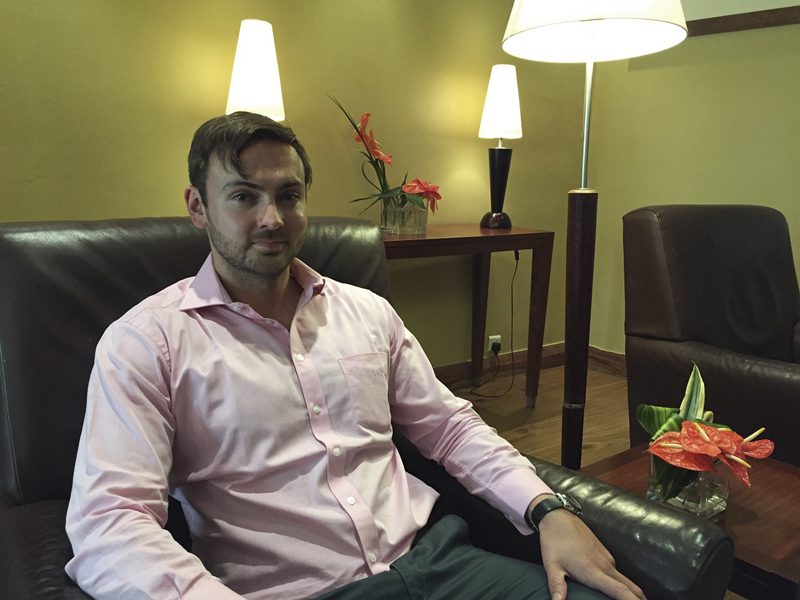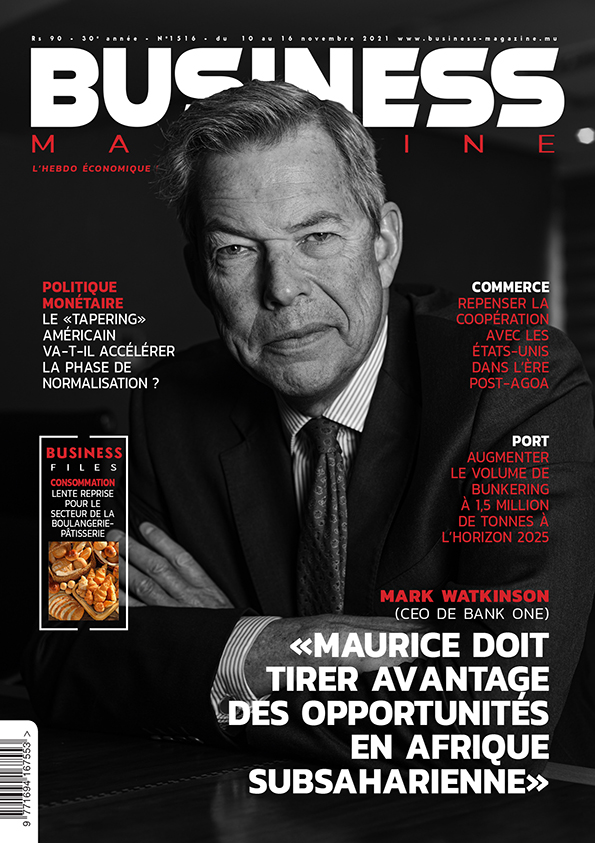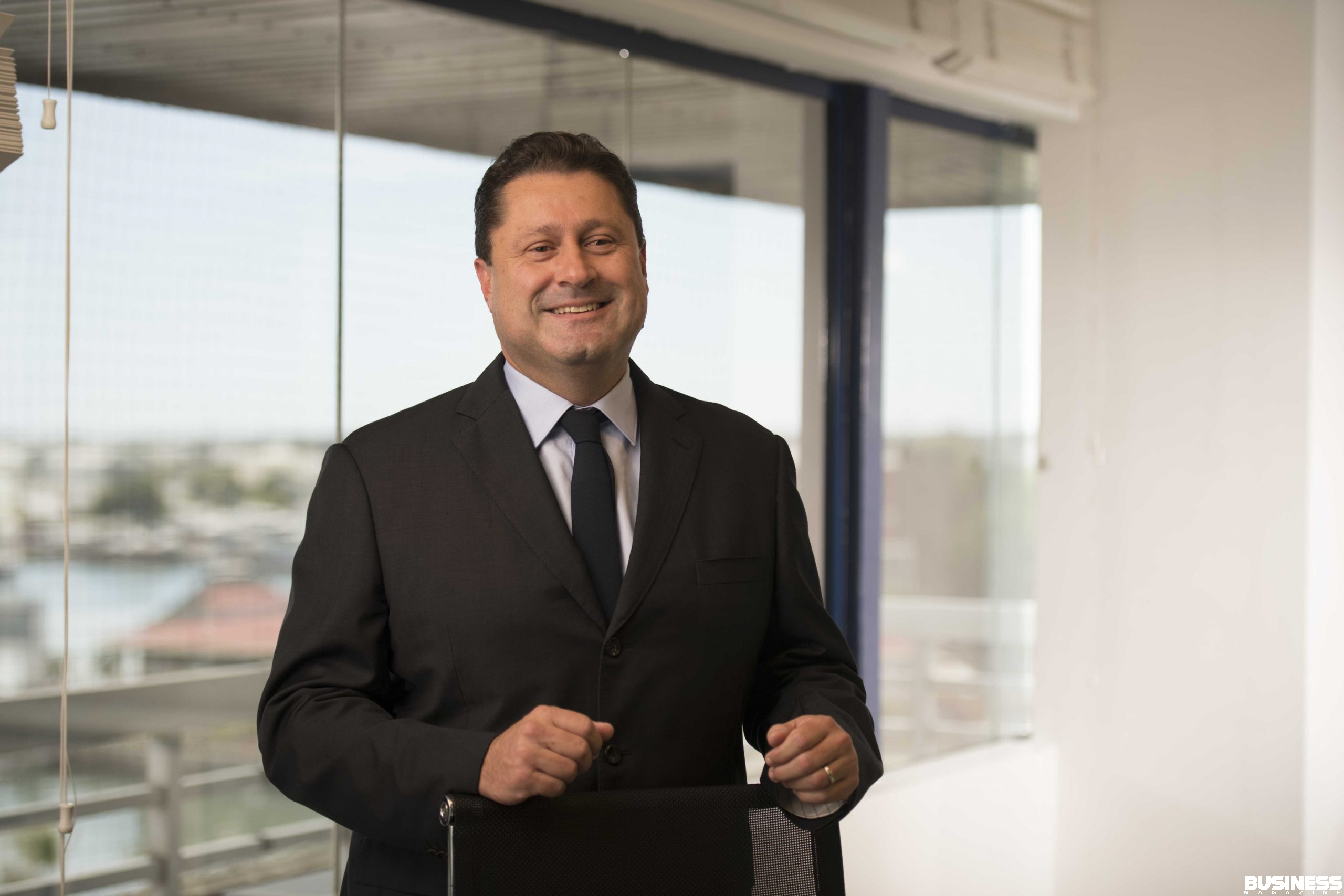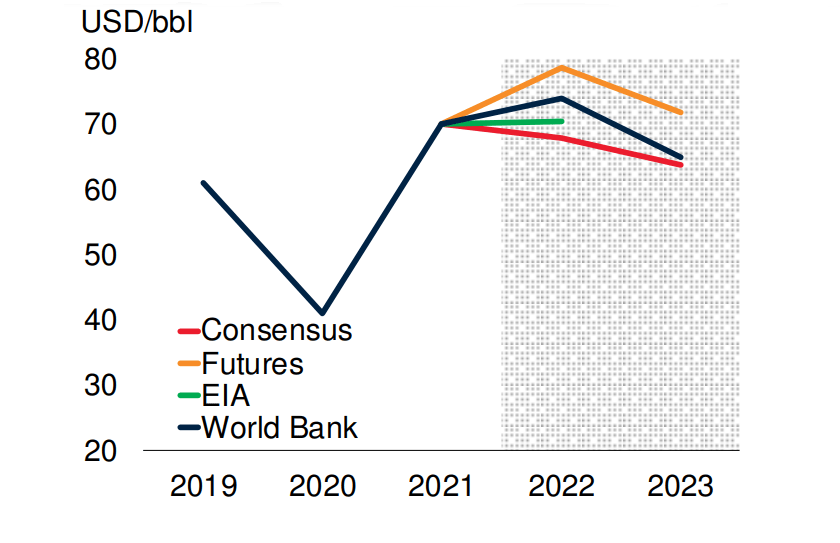Jacques Nel (Senior Economist, NKC African Economics): “The Mauritian political environment is very boring in a good way”
Share

Mauritius is able to consolidate its position as an investment gateway to Africa, says Senior Economist of NKC Economics for East Africa.
BUSINESSMAG. You were recently in Mauritius at the invitation of Grant Thornton Business School and the Institute of Chartered Accountants in England and Wales. During a presentation, you critically assessed the opportunities on the African continent. How is Africa doing?
I gave the presentation on the overview of the African economy and the opportunities on the continent. I tried to put the African economy into context, because there is a lot of hype about opportunities and growth potential on the continent.
So I just wanted to assess this hype and show the size of the economy and the variation between country and continent. I also identified and discussed some changes that are shaping Africa and having an impact on the future economic landscape.
There isn’t really an African economy, the difference bet-ween countries is quite essential. That is one of the very important things to realise: Africa is over fifty countries and each one has its characteristics with regards to size and growth prospects and own business environment.
BUSINESSMAG. What are the key economies to target right now in Africa, especially for Mauritian businesses?
I think there is a lot of excitement with regards to East Africa from Mauritian investors. In general, all the countries are still going strong but East Africa in particular has remained resilient.
BUSINESSMAG. How do you assess the performance of the Mauritian economy?
Mauritius is in a good position to benefit from growth on the continent. It has established itself as an investment gateway to Africa and I think it will be able to consolidate this position. By suppor-ting growth on the continent you would be able to support growth in Mauritius as well.
Mauritius has done great if you consider almost how gloomy the outlook was at the time of independence and the way the country has transformed itself from an economy dependent on the sugar sector to the services and tourism one it is today. The progress made with regards to business environment is very impressive. I think the prospects are good.
BUSINESSMAG. Some observers are dissatisfied about the fact that growth has been stagnating below 4% over the past decade…
Mauritius, because of the trade and investment ties with Europe, has had a downer effect on its economy. However, you have also put a lot of effort to diversify markets and it looks like it is making good progress.
BUSINESSMAG. Inflation has stabilised around 1% this year. What does that tell you about the health of the economy?
There was a time when there was a problem of excess liquidity in the banking sector and that had quite an impact on the monetary transmission mechanism. So the fact that inflation is subdued and the Central bank has been able to ease monetary policy has its benefits. It will support the economy. This rate of inflation is as good as it gets: not too close to deflation and not having a bad effect on purchasing power either.
BUSINESSMAG. There are a lot of infrastructure projects in the pipeline such as the Metro Express, which will be kicking off in 2017, and will only bene-fit the country in a few years. What is the recipe to boost growth right now?
In many African economies, government is playing a big role behind growth and in a country like Mauritius, which is trying to boost its services sector, infrastructure is very important. Improved infrastructure will also attract investment and allow the country to further
act as an investment gateway into Africa.
BUSINESSMAG. How does the way we do politics here in Mauritius influence the economy?
From my understanding, the Mauritian political environment is very boring in a good way, compared to other African economies. It is one of the strongest democracies. When doing a qualitative risk analysis, if you’ve got a political environment like this, it is a lot easier
for business.









